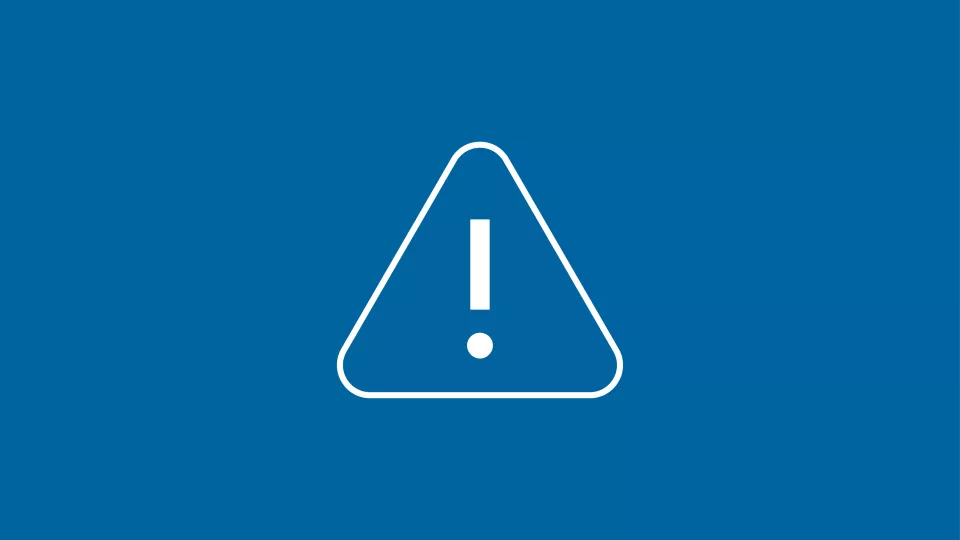
All Children’s Hospital Los Angeles locations are open.
Wildfire Support Line for Current Patients, Families and Team Members:
323-361-1121 (no texts)
8 a.m. - 7 p.m.
The COVID-19 pandemic is an ever-changing situation. At Children’s Hospital Los Angeles, we’re working hard to stay on top of how the virus affects children.
Children usually recover fully from COVID-19. However, a small percentage who had COVID-19 may need exercise testing. An exercise test, also called a stress test, shows how the heart and lungs respond to exercise.
Rarely, COVID-19 may cause complications in children such as myocarditis, multisystem inflammatory syndrome, or MIS-C. MIS-C occurs within two months of a COVID-19 infection.
Symptoms of MIS-C are similar to Kawasaki disease and may include:
MIS-C requires immediate treatment in the hospital. Most children recover quickly if they get treatment within the first several days of their illness. MIS-C can be associated with heart damage.
If a child had MIS-C, doctors may check for possible heart problems. MIS-C can cause:
Some children may need an exercise test as part of the follow up for these heart problems, especially before starting sports.
If your child was hospitalized with MIS-C, they should be seeing a cardiologist for follow-up care. Your child’s cardiologist will discuss any tests your child may need, including exercise tests.
During an exercise test, your child walks and runs on a treadmill. Usually, children must be at least 8 years old to perform this test successfully. Learn more about exercise testing at CHLA.
If your child is too young to perform the test, your cardiologist will talk with you about other options.
Young children who had moderate COVID-19 symptoms usually don’t need an exercise test. Moderate COVID symptoms may include a low fever, cough or fatigue. These symptoms generally aren’t severe enough to require a hospital stay.
Your child’s pediatrician may order an electrocardiogram, or EKG. An EKG is noninvasive and looks at the heart’s electrical activity. Your child may receive this test in your pediatrician’s office, or you may be referred to a center that performs them. Learn more about what to expect with an EKG.
Check with your child’s pediatrician about screening to rule out any heart issues.
Usually, you receive the results of your child’s exercise test right after the test. If the results show anything abnormal, the cardiologist discusses this with you. Then, your child sees a cardiologist for follow-up care.